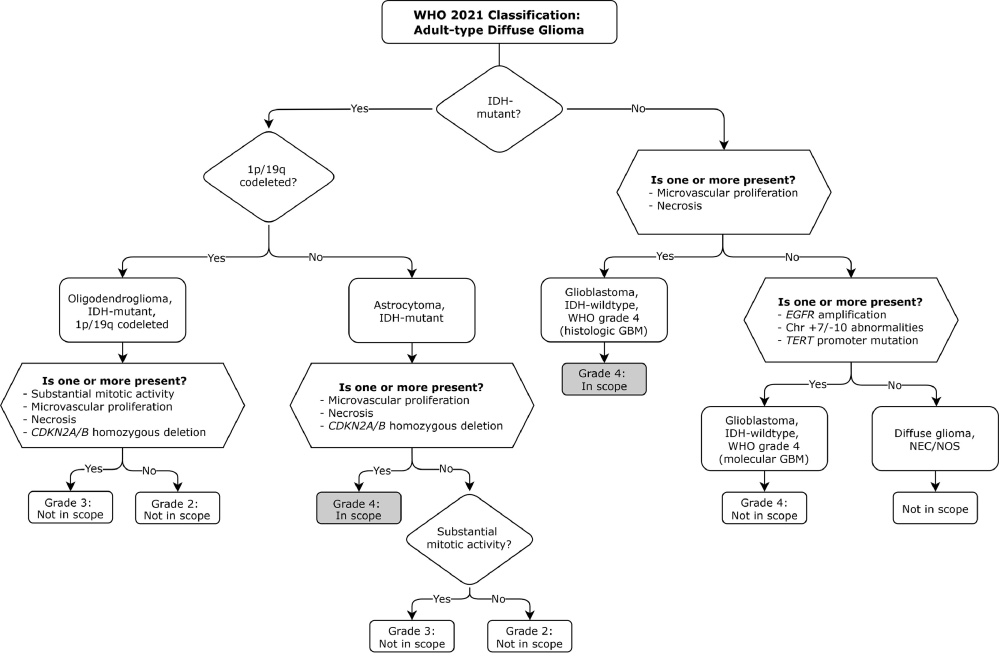Restless Legs Syndrome (RLS) affects 8% of the population, mainly women. It causes an overwhelming urge to move the legs, especially in the evening or during rest, often with tingling or electric sensations. Movement temporarily relieves symptoms.
Previously, dopamine agonists (e.g., pramipexole, rotigotine, ropinirole) were first-line treatment. However, the American Academy of Sleep Medicine (AASM) now recommends against them due to augmentation syndrome—a worsening of symptoms with long-term use. France still permits their use in severe cases, per 2019 guidelines.
At a recent neurology conference in Montpellier, Dr. Sofiène Chenini emphasized non-dopaminergic options and warned against overuse.
Updated First-Line Therapies:
- IV iron supplementation (when ferritin <75 µg/L) is now first-line.
- Antiepileptics (gabapentin, pregabalin) are preferred for mild-to-moderate RLS or in cases with insomnia.
- Lifestyle changes—avoiding caffeine, alcohol, smoking; regular sleep habits; and daytime exercise—can help mild cases.
If oral iron fails, IV options like ferric carboxymaltose or ferric hydroxide-sucrose are recommended. Mild opioids(e.g., codeine, tramadol) may be added if symptoms persist.
Diagnosis Criteria (SFRMS 2016)
- Urge to move legs with unpleasant sensations
- Worsens at rest
- Relieved by movement
- Worse at night
- No other underlying cause
RLS is linked to brain iron deficiency—MRI studies suggest impaired iron transport and dopamine/glutamate overactivity. Contributing factors include aging, certain medications (especially serotonergic antidepressants and antihistamines), and genetic predisposition.
Alternative antidepressants like venlafaxine or duloxetine (shorter half-life) are preferred if needed.
Misuse Drives Change
A U.S. registry of 670,000 RLS patients revealed 60% received dopamine agonists, and 20% exceeded recommended doses, especially among neurologists. Overprescription—often modeled on Parkinson’s protocols—prompted AASM’s guideline update.
